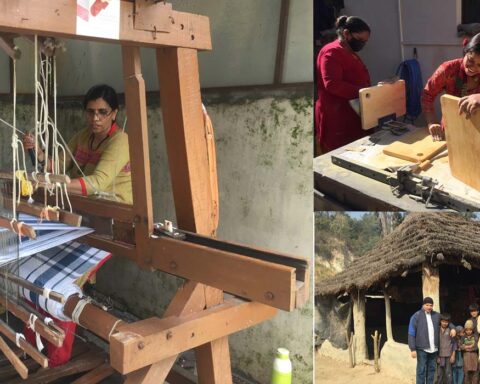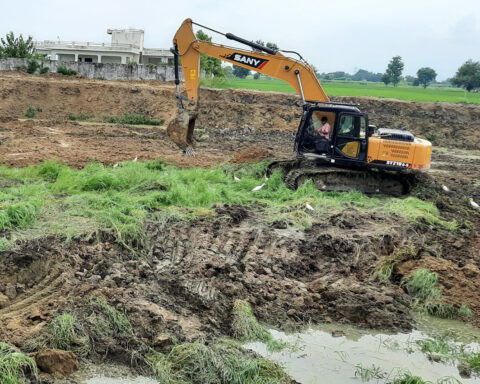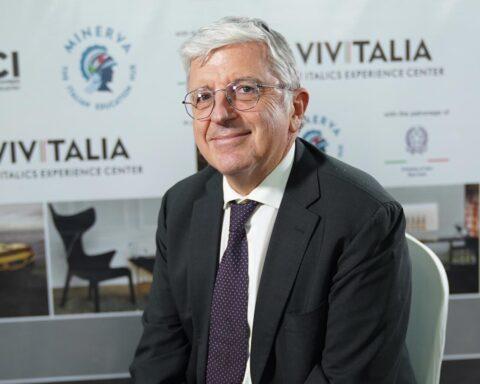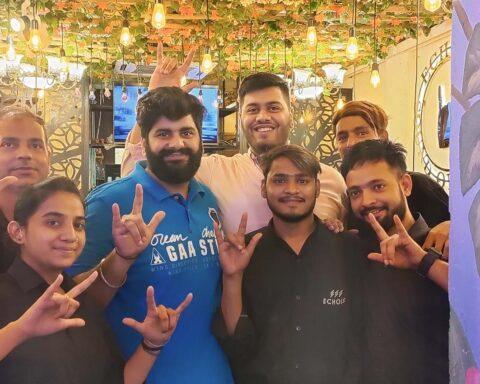Based in Lisbon, Portugal, Sancho Pancho is a company owned by Daria Demidenko, a Russian who moved to the city in 2015. The ingenious business turns leftover parts of fresh fish into healthy dog treats.
Daria Demidenko has established the company by partnering with a Japanese restaurant and some of the fish markets in Lisbon. She makes use of the parts that do not make it to the plate and cannot be used when producing high-end sushi and sashimi dishes. The venture ends up using 30 to 40 per cent of fish that would go to waste.
When Waste is a Material
It is high time we see waste differently. It is not always something that must be thrown in dustbins for landfills. Every waste is a material of something equally meaningful, a theory Sancho Pancho followed.
The opportunity lies in pounds and pounds of fish heads, bones and skins that end up in the dustbins daily. Demidenko saw this waste as a raw material for her new business. She partnered with a Japanese restaurant, Sekai Sushi Bar, in the central neighbourhood of Santos, to shape the theory into useful products.
Today, the restaurant receives about 10 kilograms of salmon, tuna and white fish on a daily basis. The Sushi chef at the restaurant, Sunil Basnet cleans and prepares the fish.
On average, 30 percent of the fish cannot be used by the restaurant, said Edilson Neves, the owner of Sekai, in an interview. This so-called waste is wealth for Sancho Pancho.
“The backbone, part of the tail, the edges, the sides, the part that connects with the stomach, some parts of the fish that are tougher, that have more fibres and skin too, we end up not using them. This 30 to 40 per cent that would go to waste, we end up reusing it through Sancho Pancho,” explained Neves.
Healthy Treats for Pets
Using some special ingredients and dishes, Daria Demidenko upcycles the scraps to make cookies for dogs. These cookies are made with this type of white fish, which is first cooked and crushed to have a much smoother texture. The other materials used are leftover dehydrated rabbit and pork meat, and sweet potatoes.
“The scraps are crushed and mixed with flour to make the cookie. There are also other types of waste, such as white fish or salmon skins, that one can dehydrate. This type of snack goes into the machine, stays for 20 hours at a temperature of 70˚C and then comes out drier, crispier, and we cut it into pieces and make it like little chips, flakes of salmon skin,” she told the interviewer.
In addition to picking up leftovers at the Sekai restaurant, Daria has partnerships with other restaurants and fish markets in Lisbon. She collects about 25 kilograms of leftover fish every week.
A No Waste Project
The venture has made many realise the huge business potential in Scandinavian countries, with the presence of many salmon-producing industries. Today, these countries have reached the level of using 100 per cent of the whole fish, leaving nothing unutilised. “They make fillets, use their eyes to make fertiliser or to generate essential oils, so there is already a whole production focused on zero waste,” explained Márcio Castro de Souza, a Rome-based senior fishery expert at the Food and Agriculture Organization (FAO) of the United Nations.
The other similar ventures around the world are using fish skin to make wearable products, utilising fish scales to manufacture lipsticks, and making use of squid ink to colour dishes like pasta. The Sancho Pancho snacks made with salmon skin are rich in omega-3 fish oil and helped the brand gain more customers for being healthy and smart.
“Some customers have told us that they are learning from us, and they are now going to fish markets and butchers here in Portugal and also taking some food waste home now themselves. They don’t make snacks for sale, but they manage to make some food for their dogs, cats, or for themselves,” she said in the interview.
It is the United Nations’ target to halve the world’s food waste by 2030 under one of its Sustainable Development Goals (SDGs). SDG 14 also involves sustainably managing marine life. It is important to note that the UN Ocean Conference, with the theme Saving the Oceans and Protecting the Future, is scheduled in Lisbon from June 27 to July 1.

























